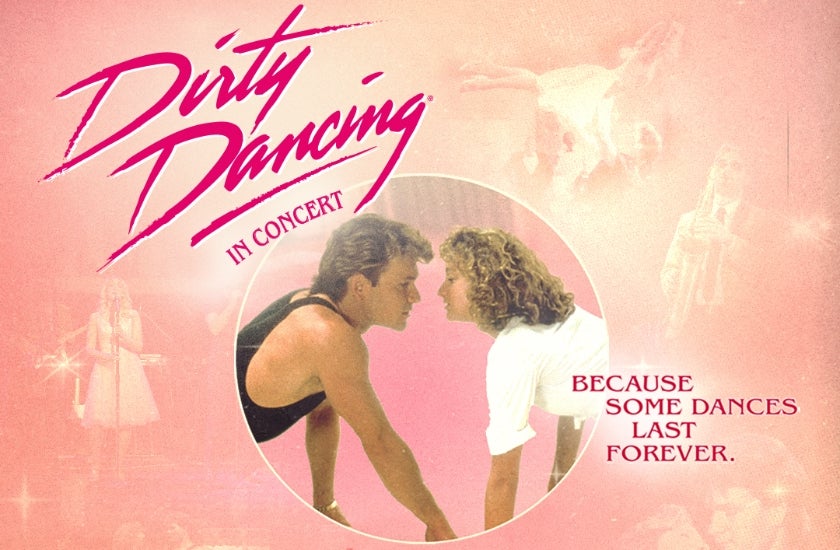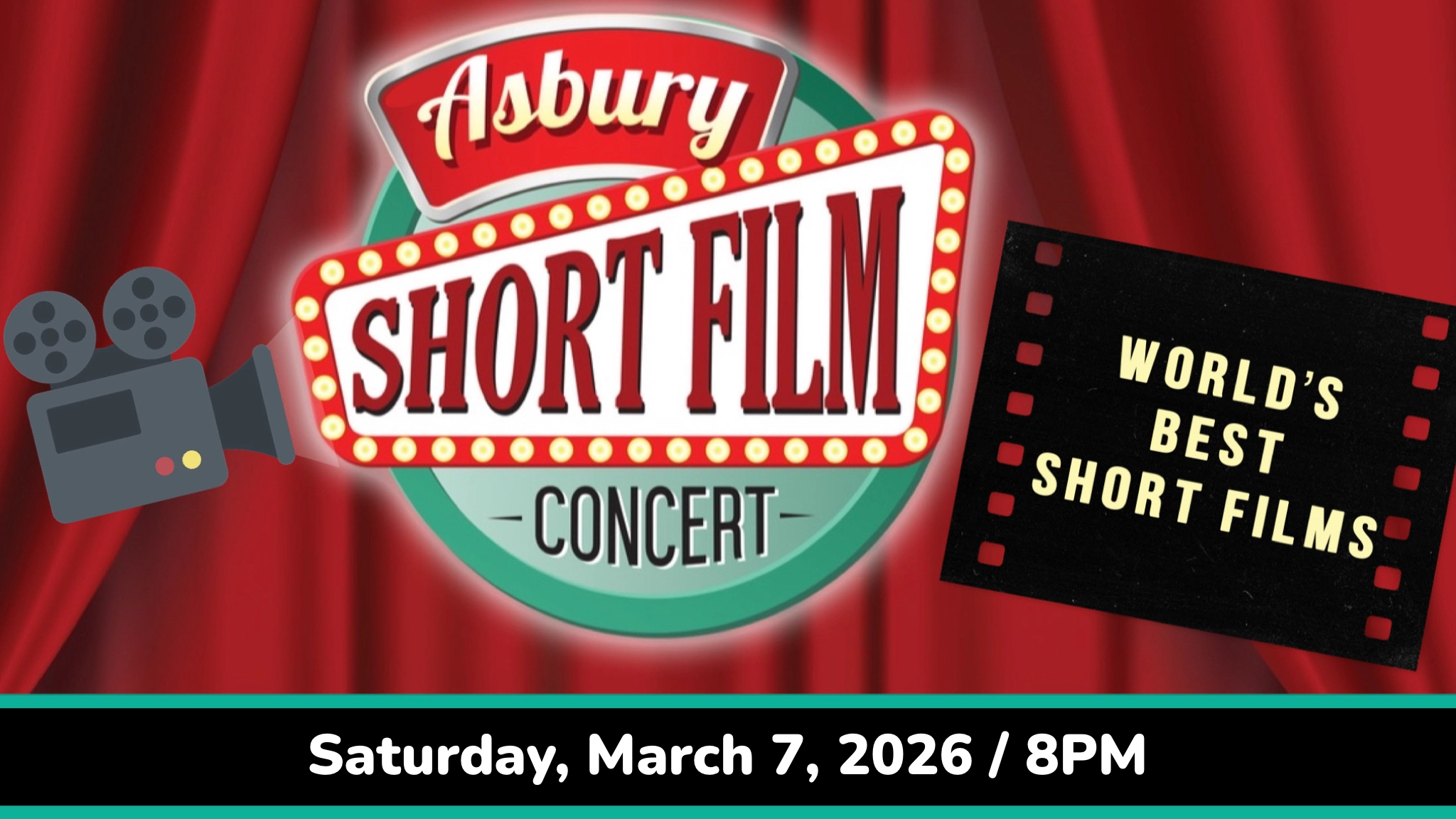By Dw Dunphy
originally published: 06/01/2015

DREAM ON was screened Friday, June 12 at the New Jersey International Film Festival in New Brunswick, NJ.
Published in two volumes in 1835 and 1840, Alexis de Tocqueville's Democracy in America did not introduce the notion of the "American Dream," but it certainly extolled that most democratic of ideals -- that with will and determination by your side, anyone could make their success a reality in America, regardless of prior circumstances. The genesis of the book came in 1831, when Tocqueville and Gustave de Beaumont were sent from France to study aspects of this new, big idea. On the whole, Tocqueville was impressed by what he had seen. While not a complete whitewash -- he correctly predicted that business wealth would play an outsized role in how the country would function, and not necessarily in a democratized manner -- it was clear that he saw this as the way forward, as opposed to the aristocratic France where status, privilege, and wealth dictated your social mobility from the cradle to the grave.
Cut to 2015. The evening news and the business report will speak of a resurgent economy, and a land of opportunity renewing itself. The words entrepreneur, start-up, merger, and buy-out are thrown around like knuckleballs, but most of the American populace isn't even in the same ballpark. Americans have grown with that innate optimism that demands that if you believe hard enough, work long enough, and never give up, eventually you will break through into your own Horatio Alger story, guaranteed. Yet for so many, that belief remains unproven; another lottery ticket where the numbers simply don't come up.
Documentary maker Roger Weisberg has 31 previous productions to his credit, some of which have earned him over a hundred and fifty awards including Emmy, duPont, and Peabody awards, as well as two Academy Award nominations. His latest effort, Dream On, places comedian John Fugelsang on the road and in the footsteps of Tocqueville, and illustrates just how primary, essential things have changed now from then. The question at hand beyond how different social and financial inequality is from Tocqueville's time is if we have the ability to get back to those ideals. Do those in the ranks of privilege even want that to happen?
Weisberg explained the genesis of the movie: "We chose Tocqueville's journey because his ideas planted the seed for what came to be known later as the 'American Dream,' and we wanted to see whether his ideas about equality, opportunity, and mobility were still viable in 21st century America."
He also has a personal reason for making Dream On the way he did, with Fugelsang standing in as proxy for the viewer. Having employed the traditional documentary style for many years through several projects, he felt this subject matter needed another way in. "A lot of documentaries are accused of being like spinach: they're good for you, but hard to go down. I wanted Dream On to have a little bit of political satire and irony, and that's why we chose (Fugelsang) to host this journey. He did a stand-up monologue after completing it, and we weave that monologue throughout the film."
According to Weisberg, Fugelsang had the right sensibilities for the job, and as a host of a television show on the former Current TV network knew about the current events germane to Dream On's points. The timing for the project was right, or wrong, depending on your standpoint. Current TV had been sold to Al Jazeera to introduce their U.S. news hub, and so Fugelsang was not only highly aware of the precarious existence of much of America's workforce, as someone who lost his job, he was now immediately sympathetic too.
But before Weisberg could set Fugelsang out on the road, he needed to get straight what the road actually looked like. "The first requirement was reading Democracy In America again, getting a sense of what (Tocqueville's) journey was about, and what his observations were about young America. Then the challenge was to raise enough money to get ourselves in trouble," Weisberg quipped. "I spent, probably, six to eight months traveling and pre-interviewing potential interviewees and scouting locations. Then we set out to do about 60 days of filming, in two separate spurts."
One of the things that constantly surprised Weisberg throughout making the film was that the hopeful, can-do attitude remains alive and well throughout the country, even where there might not be justification for it. "That's Tocquevillian in a lot of ways. I was struck by the degree to which the people we interviewed, who were truly stuck without prospects for advancing, still clung to this idea of the American Dream, and the notion that if they didn't get ahead, then certainly their children would," Weisberg said. "I think there's something about the fact that such aspiration still exists...it's clearly not a reality, but as long as it remains, there's a glimmer of hope that we can make it a reality again one day."
Weisberg pointed to a somewhat golden period between World War II and the mid-1970s, when U.S. industry was coming down from the tightened belts of the war effort, and rather than simply closing down the factories, businesses and entrepreneurs went into consumer manufacturing, bringing large numbers of the populace with them. It was a time in which an employee with a basic education could be trained on the job, expect that job for their entire career lifespan, and enjoy a decent pension on the other side of it. So too, the possibility of climbing up the ranks of a company -- from the mail room to the board room, as it were -- was not impossible. "Then something dramatic happened in the mid-70s, starting a trend that continues today. Forces like industrialization, automation, and globalization has had a big impact on diminished mobility for people," Weisberg said. "And there are policies that a lot of people feel have created the vast inequality that we have today."
In the late-1970s/early-1980s, incoming President Ronald Reagan proposed economic models that looked something like a champagne pyramid, whereby the champagne was poured into the one fluted glass at the top. The overflow spilled out into supporting strata of glasses below until, presumably, all glasses were filled and thus the term "trickle-down economics" was born. Prior to becoming his Vice President, George Bush Sr. derisively deemed Reaganomics as "voodoo economics." Many point to that one champagne flute at the top as the birthplace of the 1% wealth watershed that is witnessed today. "In terms of the idea that if we cut taxes and government regulation, then business will thrive and all boats will be lifted, I think that's been disproven. In 1970, the average CEO of a company made twenty times that of the average worker. By 2000, that had risen to 400 times that of the average worker. Still, if policies helped contribute to this inequality we have today, perhaps policies can be adopted that would improve the situation."
If, in fact, political figures want them to improve. With the Citizens United case overturning financial restrictions for political campaigns, it seems to be in a politician's best interests to keep his campaign fund, financed by unburdened corporate contributions, fat and solvent. Companies understand implicitly that this solvency is, in a sense, an investment. Therefore the vicious cycle is maintained. "Until we get that money out of our political system, we're going to have the elite be able to dictate policies that advantage them and disadvantage low wage workers," Weisberg said.
It will also stifle push-back. This was never more true than after the financial crash of 2008, when jobs became difficult to get and equally difficult to keep. People needed to work and were willing to cross all sorts of boundaries to accomplish this, including working many more hours than they were paid, for less than deserved. It was a time often seen as a union-buster's dream come true. "The decline in the numbers of workers who are members of unions, and the decline of the number of unions that are still around (is a major factor)," Weisberg added.
Sadly, if Alexis de Tocqueville was writing his book today, Weisberg reckons it would read more like Joseph Stieglitz's The Great Divide. "He'd be really dismayed to see what's become of the values he cherished about America, and would likely write a book condemning the degree to which we've abandoned the very things that made America so great in the 1830s."
While all of this is enough to bleed the rose coloring straight off of one's glasses, Weisberg is quick to point out that success is not impossible, and positive change is not unattainable. "Dream On posits that the American Dream is in jeopardy, but it is not dead. There are things that can be done to revitalize it, and improve opportunities for people at the bottom rungs of the economic ladder. We include stories of people who faced great adversity in their lives and managed to really prosper."
Dream On is currently being screened in the film festival circuit and has been picked up by PBS for 2016. Weisberg hopes the film will be presented as an election special, as some of his previous efforts have been. Further, the film will be carried by an educational distributor and home video distributor that will make it available on DVD and all the major streaming portals. Weisberg also recognized that the film functions as a sort of call-to-action involving issues surrounding social mobility and inequality. Running parallel to the film, an ambitious community engagement campaign whereby groups and organizations who align with its message will be able to screen it for their various constituents, is also coming together.
"We did not want to leave viewers feeling completely hopeless," Weisberg said of Dream On's intentions to not just wake up viewers, but to nudge them to act. "We don’t want to leave people with that bitter taste that the American Dream is over...just that there's work to be done to revitalize it."
FEATURED EVENTS
To narrow results by date range, categories,
or region of New Jersey
click here for our advanced search.
To narrow results by date range, categories,
or region of New Jersey
click here for our advanced search.
EVENT PREVIEWS
bergenPAC presents Dirty Dancing in Concert
March 4, 2026
World's Best Short Films come to Algonquin Arts on March 7th
March 7, 2026
Garden State Film Festival to Take Place March 26-29
March 26-29, 2026











